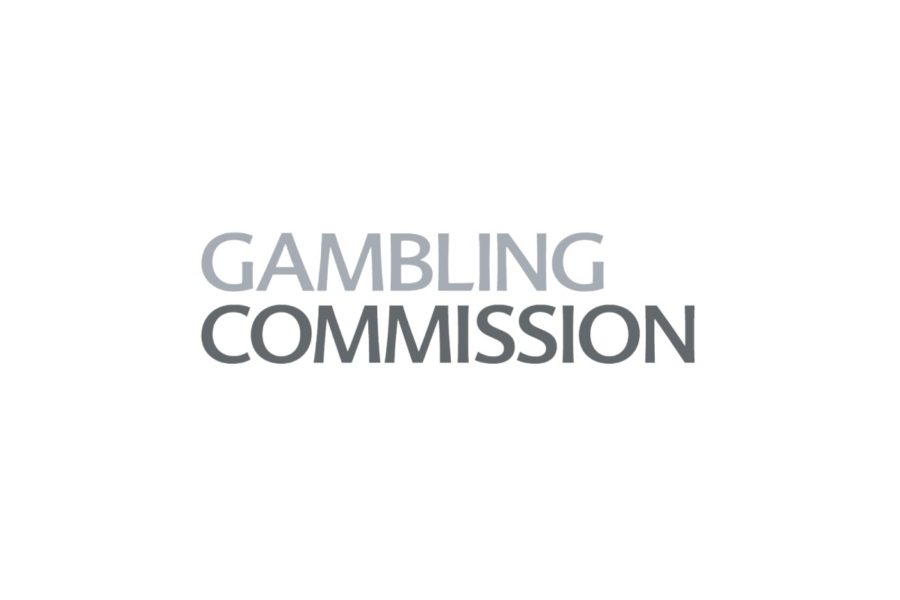British Gambling Commission: problem gambling remains at record low

The Betting and Gaming Council says the figure is evidence of the industry’s work to tackle the issue.
UK.- The Gambling Commission has reported that problem gambling in Britain remained at a record low of 0.2 per cent for 2022 as a whole. The results of its latest quarterly telephone survey suggest a drop in the problem gambling rate from 0.3 per cent in the previous year.
The number of gamblers at low risk remained at 1.7 per cent for the quarter ended December 31. There was, however, a “significant rise” in the number at moderate risk, from 0.8 per cent to 1.3 per cent.
British gambling participation
Overall gambling participation remained stable at 44 per cent, remaining below 2019 levels. However, the Gambling Commission said there had been a 25 per cent increase in in-person gambling. Participation in online gambling remained stable at 27 per cent.
The perception of gambling also remained stable, while the number of people associating gambling with criminality fell from 42 per cent to 41 per cent. The number who agreed that “there are too many opportunities for gambling these days” fell from 82 per cent in 2021 to 79 per cent in December 2022.
The Gambling Commission said: “The data also shows that participation rates appear to be bouncing back after the pandemic for activities such as fruit and slots machines, virtual gaming machines in bookmakers, dog races, virtual dog and horse races and casino games.”
Last week, the Gambling Commission published its market figures for the third quarter of the 2022-23 financial year. It reports that online gross gambling yield (GGY) in Britain fell by 2 per cent year-on-year to £1.20bn.
Both real event betting and online casino revenue were down year-on-year. Online real event betting GGY was down 3 per cent at £446m, despite a 21 per cent increase in the number of bets and a 20 per cent rise in the number of active accounts. The apparent contradiction seems to be due to the FIFA World Cup.
BGC hails success of gambling industry efforts
The Betting and Gaming Council said the new numbers demonstrated the industry’s success in tackling problem gambling. BGC chief executive Michael Dugher said: “These newly released figures are further evidence of the positive progress we have made on safer gambling and underline our urgent calls for ministers to take a genuinely evidence-based approach to the upcoming White Paper.
“These figures showing that problem gambling has fallen once again will no doubt come as a profound disappointment to anti-gambling prohibitionists, who like to vastly overstate the issue.
“Their alarmist demands are not backed up by the evidence. We want big changes, but they must be focussed on this small minority who are vulnerable to harm – not the vast majority who bet safely and responsibly. We need a risk-based approach which helps the vulnerable, not ruins the experience for the responsible majority.”
Dugher continued: “Just under half of all UK adults enjoy a bet each month and it is clear once again that the overwhelming majority do so perfectly safely and responsibly. However, our work to raise standards across the regulated industry will continue, to keep up the momentum and build on the progress we have made in recent years.
“The regulated betting and gaming industry is determined to promote safer gambling, unlike the unsafe, unregulated and growing online black market, which has none of the safeguards which are the norm among BGC members.
“Ministers should not drive customers into the arms of the black market by introducing blanket low-level intrusive affordability checks for all punters but rather use technology to target those at risk. We welcome these figures but refuse to be complacent. Our mission to drive up standards continues.”
Meanwhile, it’s still unclear who will take over the gambling brief at the Department of Culture, Media and Sport (DCMS) and the responsibility for the long-delayed gambling white paper. Last week, Racing Post reported that Stuart Andrew MP was expected to be confirmed as the sixth minister in the position since the start of the Gambling Act review. However, the DCMS has said that no decision has yet been made.
Paul Scully left the post earlier this month and moved to the new Department for Science, Innovation and Technology (DSIT) in a restructuring that saw Lucy Frazer put in charge of a slimmed-down DCMS.









